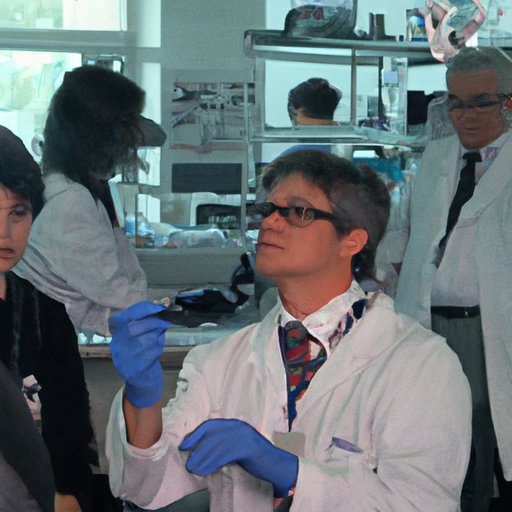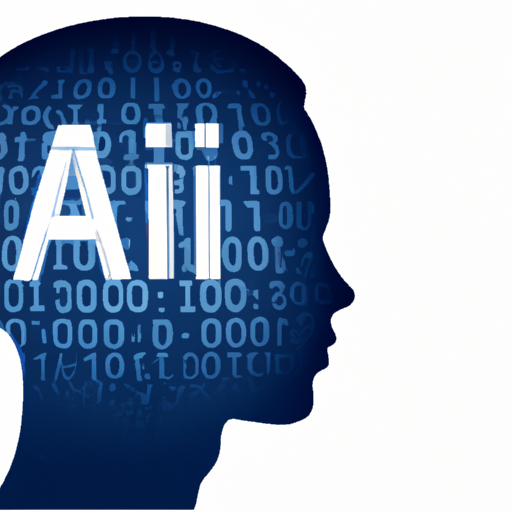In recent years, Artificial Intelligence (AI) has emerged as a game-changer in the pharmaceutical industry, particularly in the field of drug discovery. The integration of machine learning and AI technologies into the drug development process is not only accelerating the pace of research but also enhancing its efficiency and accuracy.
The Need for Innovation in Drug Discovery
With the global pharmaceutical market facing increasing pressure to deliver new and effective treatments, traditional drug discovery methods are proving to be time-consuming and costly. The average time to bring a new drug to market can exceed a decade, with costs reaching over $2 billion. This scenario highlights the urgent need for innovative solutions to streamline the process.
How AI is Transforming Drug Discovery
AI technologies are facilitating:
- Identifying Potential Drug Candidates: AI algorithms can analyze vast datasets to identify potential drug candidates more quickly than traditional methods.
- Predicting Drug Interactions: Machine learning models help predict how different compounds will interact, reducing the risk of adverse reactions in clinical trials.
- Personalized Medicine: AI enables the analysis of genetic data to tailor medications to individual patients, enhancing therapeutic efficacy.
Case Studies of AI in Action
Numerous companies are pioneering the use of AI in drug discovery. For example, BenevolentAI has developed a platform that harnesses AI to mine scientific literature and datasets, expediting the hypothesis generation process. Similarly, Atomwise utilizes deep learning algorithms to predict the effectiveness of compounds in treating diseases, significantly cutting down the time and cost of drug testing.
The Future of AI in Drug Discovery
As AI continues to evolve, its potential applications in drug discovery are expansive. The future may hold fully automated labs and AI-driven virtual clinical trials, revolutionizing how we approach drug development. By embracing these advancements, the pharmaceutical industry has the potential to deliver life-saving treatments faster and more efficiently.
Conclusion
AI is not just a trend in drug discovery; it represents a substantial shift in how new drugs are developed and brought to market. As technology progresses, it is crucial for industry players to adapt and leverage these advancements to improve health outcomes for patients worldwide.
For more insights on the latest developments in AI technology and drug discovery, follow our blog!




